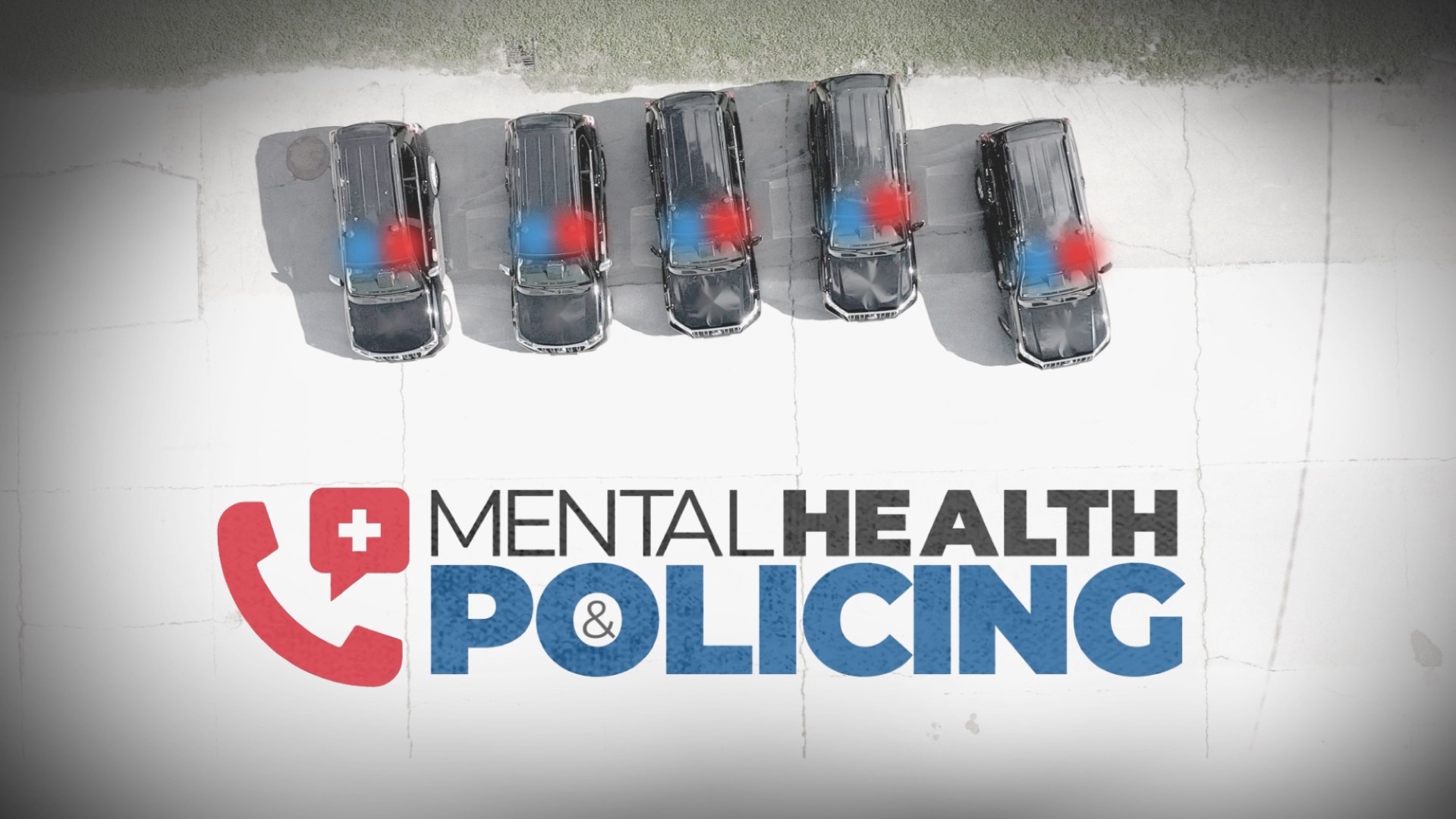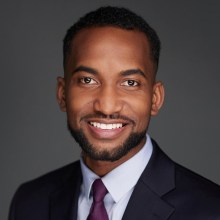
JIMMIE: WHAT WOULD IT LOOK LIKE IF LAW ENFORCEMENT DID AWAY
WITH RESPONDING TO NON-VIOLENT EMERGENCY CALLS?
AND, RATHER THAN AN ARMED OFFICER SHOWING UP, A MENTAL HEALTH EXPERT RESPONDED.
DOZENS OF LAW ENFORCEMENT AGENCIES ACROSS THE COUNTRY HAVE LAUNCHED PILOT PROGRAMS TO TEST THIS NEW MODEL.
AFTER POLICE PROTESTS LAST YEAR AND CALLS TO DEFUND THE POLICE, THESE AGENCIES FOUND A WAY TO MAKE CHANGES WITHOUT TAKING FROM THE PUBLIC OR LAW ENFORCEMENT. LET ME EXPLAIN.
JIMMIE: THESE PROGRAMS ARE BASED ON THE PREMISE THAT 9-11 CALLS AREN’T ALWAYS EQUAL. SOME DEMAND POLICE RESPONSE, AND OTHERS REQUIRE A MENTAL HEALTH PROFESSIONAL.
CAPTAIN LOVETTA QUINN-HENRY:” Police were limited with what their responses were.”
JIMMIE: ORLANDO POLICE CAPTAIN LOVETTA QUINN-HENRY OVERSEES THE COMMUNITY RESPONSE TEAM OR C-R-T.
IT CONSISTS OF FIVE CONTRACTED HEALTH EXPERTS WITH BACKGROUNDS IN MENTAL HEALTH AND CASE MANAGEMENT.
THEY RESPOND TO NON-VIOLENT MENTAL HEALTH CALLS UNARMED, IN C-R-T UNIFORM, AND THIS SPECIALLY MARKED VEHICLE, INSTEAD OF A POLICE CRUISER.
QUINN-HENRY:” If the team can go out and the team could connect individuals with those mental health providers or community services, maybe they won’t get to a point where they’re very acute, and now dangerous or self-harming.”
JIMMIE: WHEN DID THE CITY DECIDE TO MOVE FORWARD WITH THIS PROGRAM?
ORLANDO MAYOR BUDDY DYER: “There wasn’t any one incident or anything that did that. But in response to the protests last year, City of Orlando, we decided to evaluate every policy and practice that O-P-D has.”
JIMMIE: THE CITY SPENT A YEAR DOING THAT SAYS ORLANDO MAYOR BUDDY DYER. AS A RESULT, THE COMMUNITY RESPONSE TEAM WAS BORN.
DYER:” As we were looking at our community policing, we’re aware that there were some calls that didn’t need somebody with a badge and a gun. They would be better served as somebody with mental health skills or to respond to those calls.”
JIMMIE: THE NEARLY HALF-A-MILLION DOLLAR PILOT PROGRAM was paid THROUGH GENERAL FUNDS AND NOT by DEFUNDING THE POLICE.
DYER:” It was new money, new funding. So additional funding.”
JIMMIE: SINCE THE ORLANDO POLICE BEGAN ITS PILOT PROGRAM IN MARCH, WITHIN THE FIRST 6-MONTHS, C-R-T RESPONDED TO 549 CALLS. NONE OF THEM RESULTED IN ARRESTS.
HOWEVER, THE C-R-T RECOMMENDED 129 PEOPLE FOR COURT-ORDERED MENTAL HEALTH EVALUATIONS. AND NEARLY HALF WENT ON TO RECEIVE ADDITIONAL CARE.
DYER:” We thought we could identify specific calls that the mental health professional would be better suited for. I will say that our county government, Sheriff’s Office chose the other approach.”
JIMMIE: THE ORANGE COUNTY SHERIFF’S OFFICE ROLLED OUT A CO-RESPONDER MODEL, WHERE DEPUTIES AND MENTAL HEALTH EXPERTS SHOW UP ON CALLS TOGETHER.
WITHIN THE FIRST SIX MONTHS, THE BEHAVIORAL RESPONSE UNIT WENT TO 866 CALLS. NONE OF THEM RESULTED IN ARRESTS. AND 28-PEOPLE WERE RECOMMENDED FOR MENTAL HEALTH EVALUATIONS.
AND JUST LIKE WITH THE ORLANDO P-D, FUNDING DID NOT COME OUT OF THE SHERIFF’S BUDGET.
QUINN-HENRY:” I’ve heard nothing but great reviews about having the team.
JIMMIE: BOTH AGENCIES ARE TOUTING THE PROGRAM’S SUCCESS AND ARE WORKING ON WAYS TO IMPROVE AND FURTHER EXPAND IT.
QUINN-HENRY: “They are so excited. I had to calm them down at times to say, hey, okay, remember, we have a small team; they can’t do everything.”
JIMMIE: IT’S IMPORTANT TO NOTE, DURING THE PILOT PROGRAM, SOME OFFICERS CONTINUE TO RESPOND TO SOME OF THE MENTAL HEALTH CALLS, BUT THE GOAL IS THE DIMINISH THEIR ROLE AS THE PROGRAM GROWS.
WHAT ARE YOUR THOUGHTS ON THIS NEW COLLABORATION BETWEEN MENTAL HEALTH EXPERTS AND POLICE? IS IT A LOGICAL ALTERNATIVE TO DEFUNDING THE POLICE?
LET ME KNOW IN THE COMMENTS BELOW. ALSO, BE SURE TO RATE THE STRAIGHT-ARROW BIAS METER.






